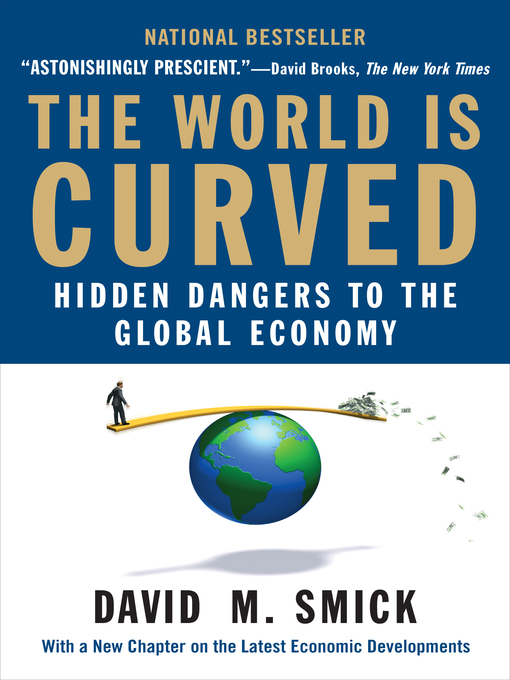The World Is Curved picks up where Thomas Friedman’s The World Is Flat left off, taking readers on an insider’s tour through the private offices of central bankers, finance ministers, even prime ministers. Smick reveals how today’s risky environment came to be—and why the mortgage mess is a symptom of potentially far more devastating trouble. He wrestles with the two questions on everyone’s mind: How bad could things really get in today’s volatile economy? And what can we do about it?
Drawing on riveting anecdotes in language anyone can understand, Smick explains:


